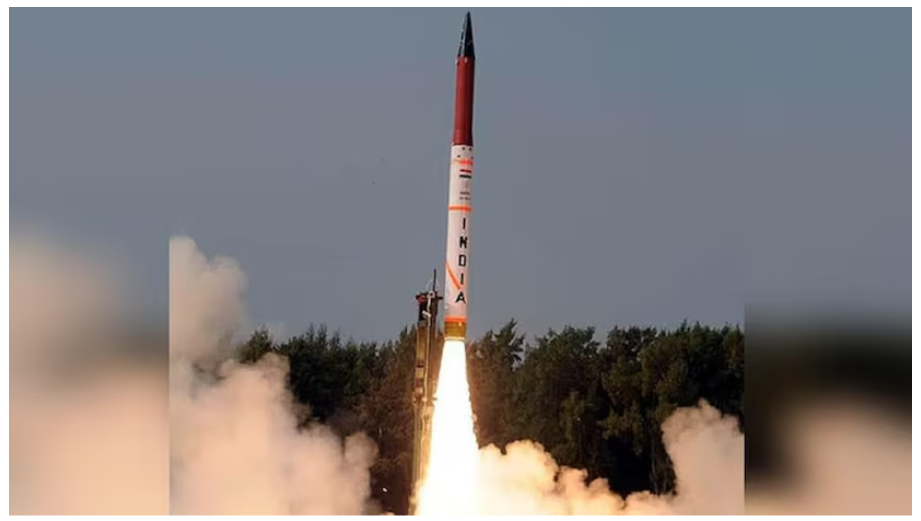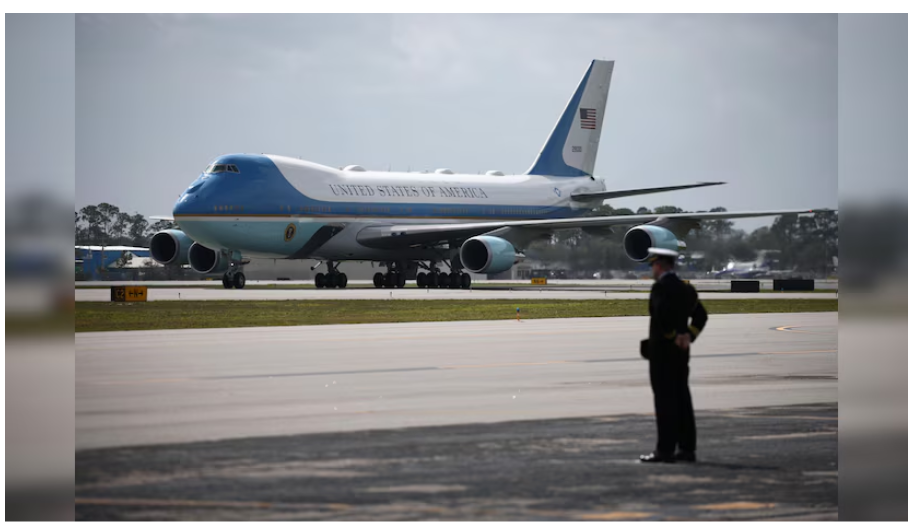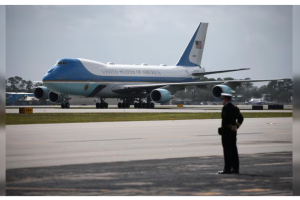Taiwan bolsters air defence preparedness, test fires Land Sword II

Taipei – In a significant move to strengthen its defense posture, Taiwan has successfully test-fired its indigenous Land Sword II surface-to-air missile system, showcasing its enhanced readiness to counter aerial threats amid escalating military pressure from China.
The test, conducted at an undisclosed location, involved intercept simulations of enemy aircraft and drones. According to Taiwan’s Ministry of National Defense, the system demonstrated high interception accuracy and improved radar tracking capabilities, marking a milestone in the island’s indigenous defense technology.
Developed by Taiwan’s National Chung-Shan Institute of Science and Technology (NCSIST), the Land Sword II is designed for mid-range air defense. It is equipped with active radar homing and is capable of engaging both fixed-wing aircraft and UAVs, making it a vital asset in Taiwan’s layered air defense network.
The move comes at a time when Chinese military aircraft continue to breach Taiwan’s Air Defense Identification Zone (ADIZ) on an almost daily basis, prompting heightened alert levels across Taiwan’s armed forces.
Taiwanese President Tsai Ing-wen reiterated the importance of self-reliant defense strategies, stating, “We are committed to safeguarding our sovereignty and democratic way of life. The successful testing of the Land Sword II is a strong message of our readiness.”
Military analysts believe this test is part of a broader modernization plan that includes deploying advanced radar systems, improving command-and-control infrastructure, and investing in asymmetric warfare capabilities.
The test also coincides with the arrival of a U.S. congressional delegation in Taipei, further intensifying cross-strait tensions. Beijing has previously condemned such visits, viewing them as interference in its internal affairs.
Observers view the Land Sword II’s test as not just a military upgrade, but a geopolitical signal of deterrence. Taiwan’s Defense Ministry confirmed that the system would soon be deployed in strategic locations across the island.
In response, China’s Foreign Ministry reiterated its stance, urging the U.S. and Taiwan to avoid “provocative actions” and warning of “consequences” for ongoing military cooperation.
As regional tensions simmer, Taiwan’s successful missile test underscores its resolve to defend its airspace and maintain stability in the Taiwan Strait.















